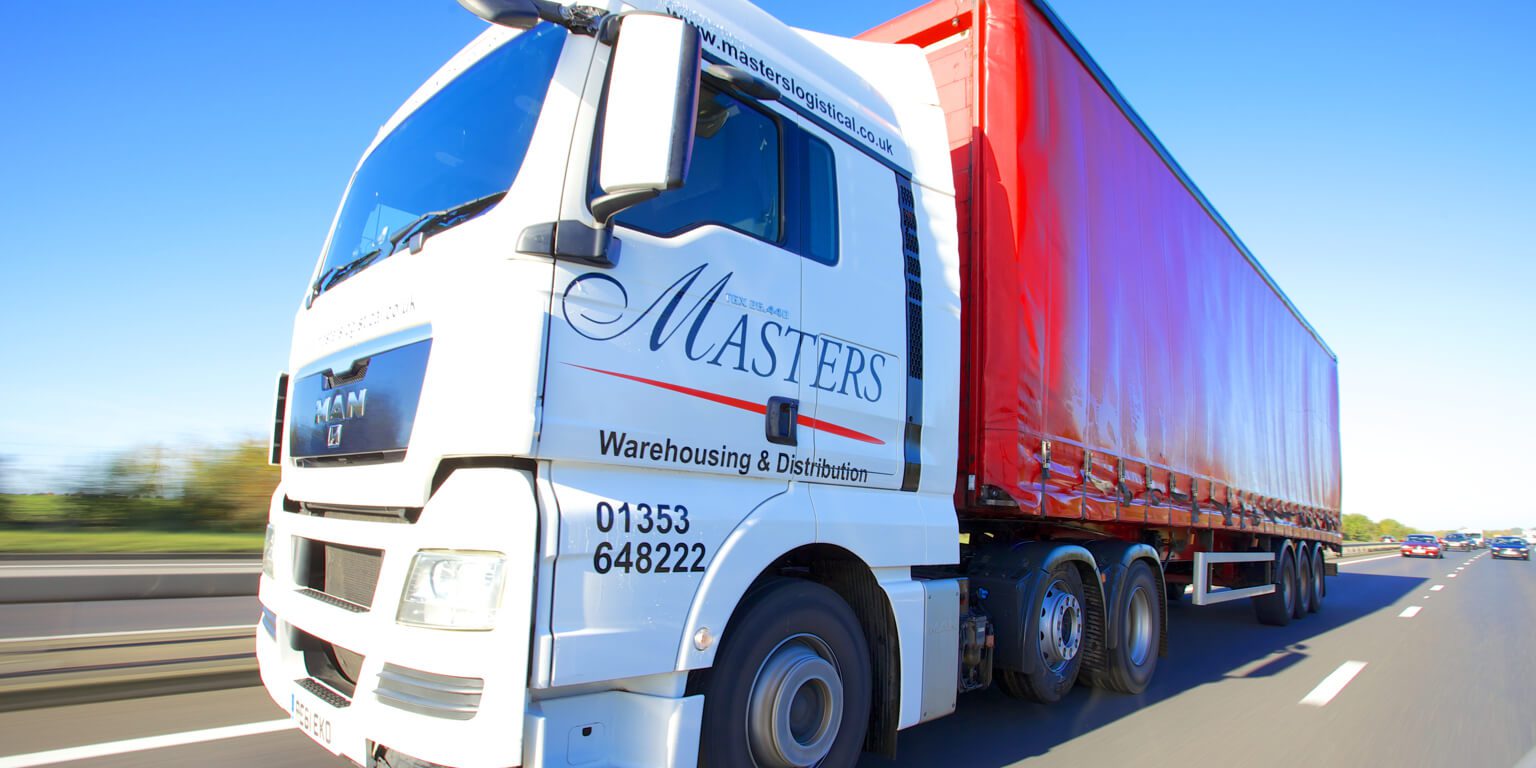
Distribution
Despite the prolific need for industry professionals to keep the country’s goods moving, driver shortages have remained a rife topic in logistics for many years.
According to a 2017 Government report, Britain’s roads continue to be the primary method of transporting freight within the UK. In 2015, just over three quarters (76%) of all goods moved were by road, with the remainder by water (15%) and rail (9%).
According to a report from the Freight Transport Association (FTA), the driver shortage number has risen sharply to 52,000 in the year to Q2 2017 (an increase of 49%). And the average age of a Large Goods Vehicle (LGV) driver in the year to Q2 2017 is 48.3 (47.9 in Q2 2016). Only 2% of employed drivers are 25 years old and under.
What is influencing this sharp decline in one of the nation’s most important, yet understaffed, industries?
Age
In September 2010, the government reduced the age in which you can take a LGV licence test from 21. You now have to be 18 and hold a full UK drivers licence before you can start to train as a LGV driver.
A step in the right direction of course, but young drivers without experience are costly to insure and so entering the industry for the first time is an incredibly difficult task to undertake.
This lack of job assurance is undoubtedly impacting young people’s decision to enter the industry in the first place.
Training
Imagine you are 16 years old, you’ve just taken your GCSEs and a career within the logistics industry has captured your interest. What are your options?
- Practical entry? You can’t start any practical training until you have reached 18, and even then, you must have first had a licence to drive a car. So, what do you do between the ages of 16 and 18?
- Formal study? There are very few colleges that offer full time training for young logisticians, and most (if not all) government funded courses for post 16 education in a recognised ‘red brick’ education are in Transport Planning and Management.
- Apprenticeships? Unfortunately, at 16 you’ll also discover that a lot of apprenticeship routes into the industry demand that you hold a current driving licence for a car.
- Warehouse experience? Perhaps you can get some experience of working in a warehouse… but then you have the costs of a forklift licence to consider.
You can start to see the picture building of why logistics isn’t an easy route for becoming a young person’s number one choice for a career.
Once you do hit 18, you must obtain an LGV Category C license, costing approximately £1000-2000 dependant on where you train, before you can begin earning a driver’s salary. A Cat C licence will enable you to drive up to and including a 7.5 tonne vehicle.
In order to drive the biggest vehicles on the road, and command the higher industry salaries, you must then pass your Category C+E, costing a further £1000-2000.
You can combine the two for a slight reduction in costs in an intensive course, but whichever way you look at it, the costs of learning to drive in logistics aren’t cheap.
CPC training
On top of this, new drivers must also undertake CPC (Certificate of Professional Competence) training, which involves both a theory and practical test and will set you back around £80 – 100. This must be undertaken every 5 years that you remain in driving and you will need to evidence 35 hours over those 5 years or you could face fines of up to £1000.
The driver shortage will face further impact when Brexit finally comes into play. According to the FTA report, EU nationals account for 14% of our industry’s drivers… so what will happen when Brexit finally hits?
The FTA is currently campaigning for student style loans for vocational training, to make the route into a driving career more accessible for young people. But the challenge still remains: how do we transition school leavers to realise the benefits of a career within the logistics industry.
At Masters, we believe it is the people, as well as the service that makes a company. We recognise the importance of raising awareness to the benefits of a career within the industry to combat the rising driver shortages that our industry face.
Continue reading here about the driver shortage and what the real causes are.
If you have any questions about our particular logistics services, particularly 3PL, then please get in touch with our Logistics team on 01353 648222.

Comments are closed